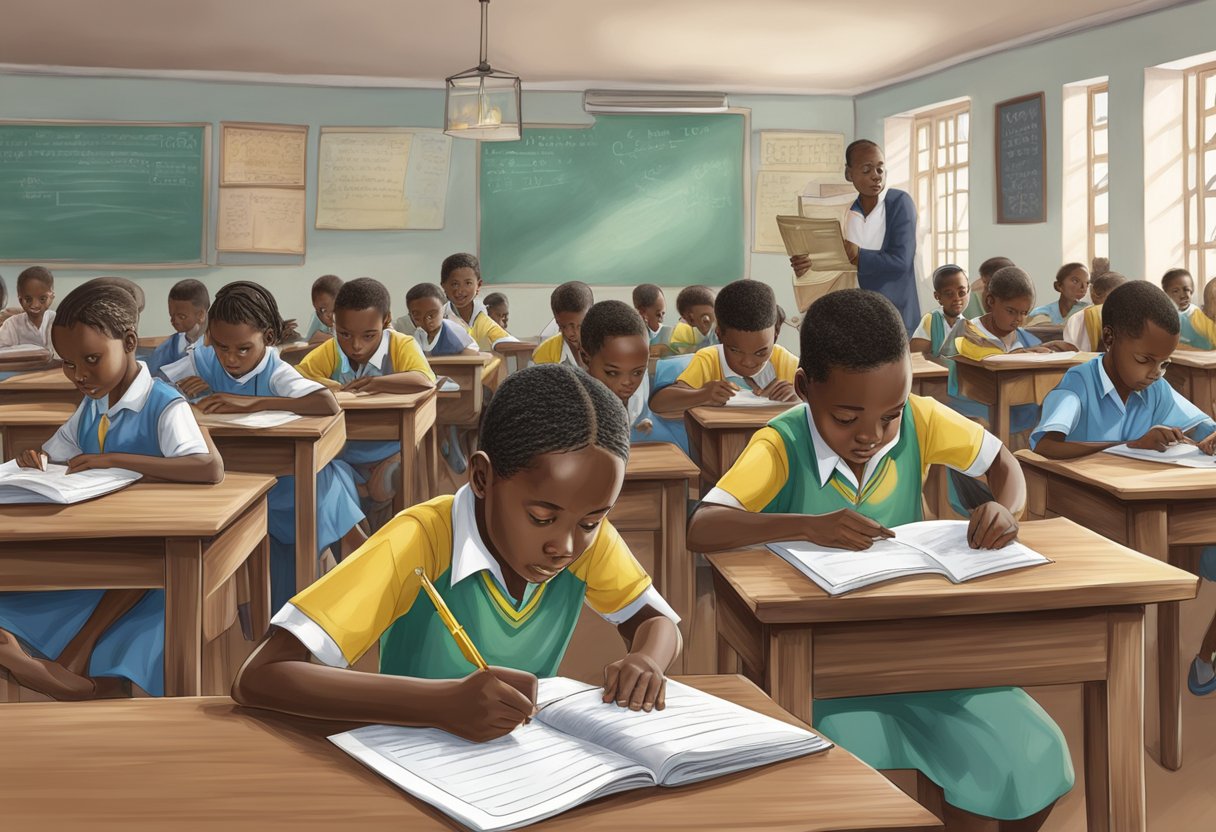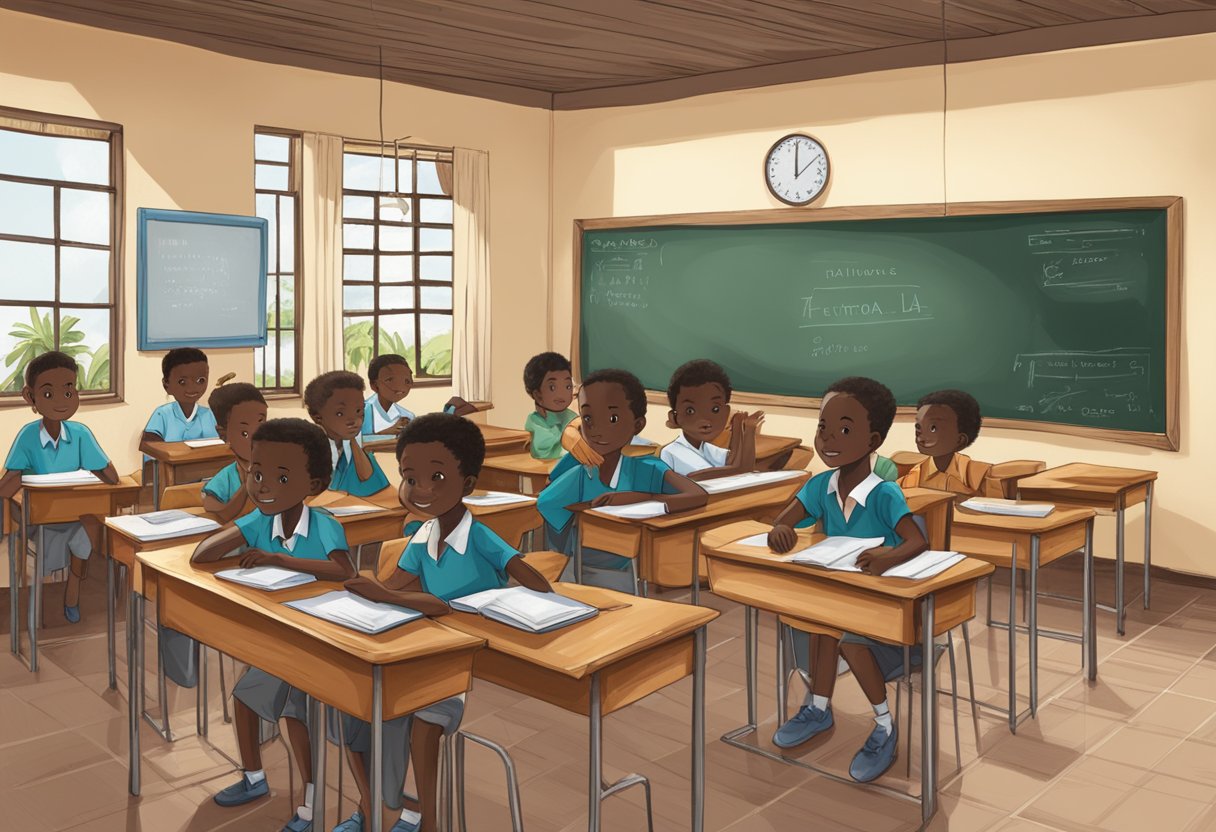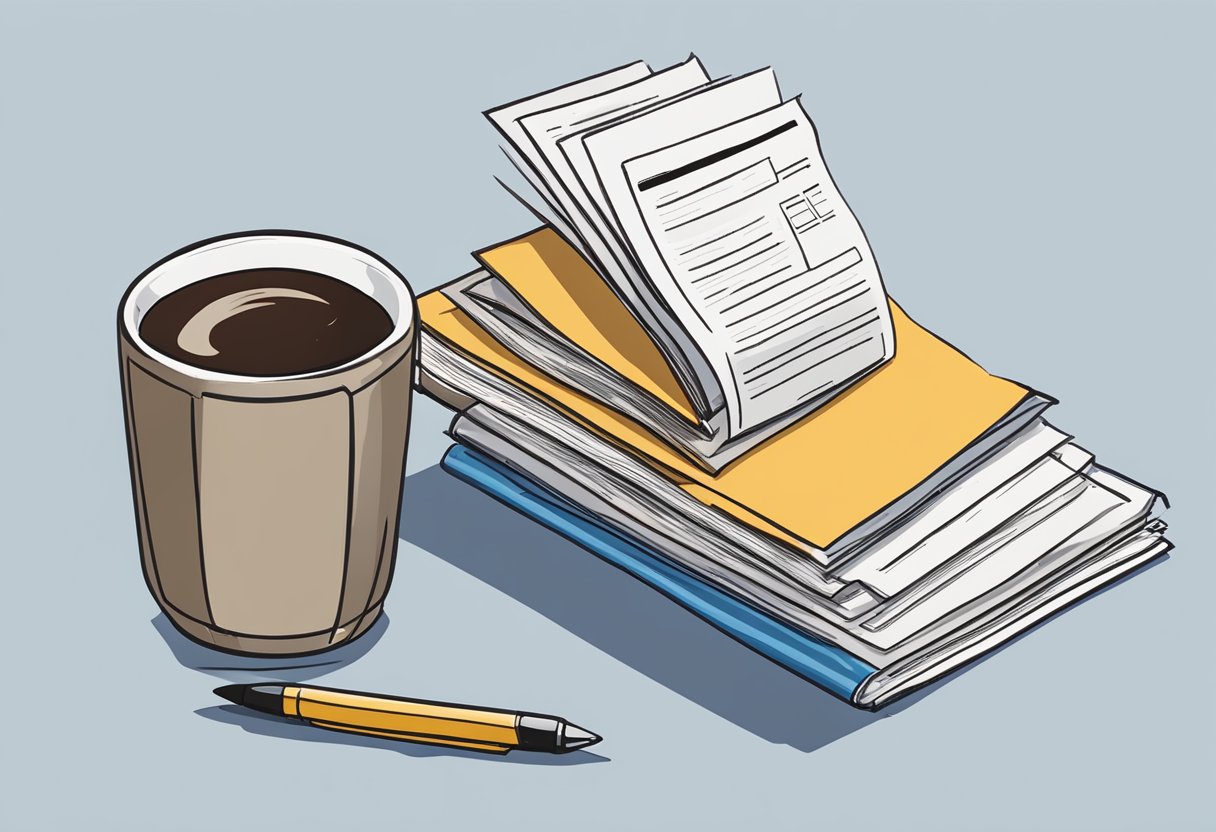Matokeo ya Darasa la Nne Dar es Salaam 2023;Matokeo ya darasa la nne Dar es Salaam is a highly anticipated event for students, parents, and educators in Tanzania. The results of the Standard Four National Assessment (SFNA) are released annually by the National Examination Council of Tanzania (NECTA) to provide insight into the academic progress of students in the region. The results are used to identify areas of improvement and to evaluate the effectiveness of educational programs.

The release of the Matokeo ya darasa la nne Dar es Salaam is a crucial event for students, parents, and educators alike. The results provide a comprehensive overview of the academic progress of students in the region, allowing educators to identify areas of strength and weakness. This information is used to develop targeted educational programs that address the needs of individual students and improve overall academic performance.
Key Takeaways
- The release of Matokeo ya darasa la nne Dar es Salaam is an important event for students, parents, and educators in Tanzania.
- The results are used to evaluate the effectiveness of educational programs and identify areas of improvement.
- The information provided by the results is used to develop targeted educational programs that improve overall academic performance.
Overview of Standard Four Results
Significance of Standard Four Examinations
Standard Four examinations are a critical assessment tool for primary school pupils in Tanzania. The National Examinations Council of Tanzania (NECTA) conducts the Standard Four National Assessment (SFNA) to evaluate students’ knowledge and skills in various subjects, including Mathematics, English Language, Kiswahili Language, and General Knowledge. The SFNA results help to identify students’ strengths and weaknesses, enabling teachers to tailor their teaching methods to meet individual students’ needs.
Furthermore, the SFNA results are used to determine students’ eligibility for promotion to Standard Five. Students who do not achieve the minimum pass mark are required to repeat Standard Four. Therefore, the SFNA results play a significant role in shaping students’ academic futures.
General Performance Trends
The 2023/2024 Standard Four results for Dar es Salaam have been released by NECTA. The results indicate that there has been an improvement in the overall performance of students compared to the previous year. The percentage of students who passed the SFNA increased from 75.2% in 2022 to 80.6% in 2023.
Moreover, the performance of students in Mathematics has improved significantly, with 84.1% of students passing the subject compared to 77.3% in 2022. Similarly, the percentage of students who passed the English Language subject increased from 78.2% in 2022 to 81.3% in 2023. However, there was a slight decline in the percentage of students who passed the Kiswahili Language subject, from 85.7% in 2022 to 83.8% in 2023.
Overall, the 2023/2024 Standard Four results for Dar es Salaam indicate that students have made significant progress in their academic performance. However, there is still room for improvement, particularly in the Kiswahili Language subject.
Results Analysis

Top Performing Schools
According to the NECTA website, the Matokeo ya darasa la nne (Standard Four Results) for Dar es Salaam have been released for the year 2023. The results show that the top performing schools in the region are ____________ (insert school names here). These schools have consistently performed well in the past and have maintained their position as the top-performing schools in the region.
Subject-Specific Performance
The results also show that students in Dar es Salaam performed well in certain subjects. For example, students performed exceptionally well in Mathematics, English Language, and Science. However, there is still room for improvement in subjects such as Kiswahili and Social Studies.
Comparison with Previous Years
When compared to previous years, the results for Dar es Salaam have improved significantly. The pass rate has increased from __% to __%, indicating that efforts to improve education in the region are paying off. However, more needs to be done to ensure that all students have access to quality education and that the pass rate continues to improve in the future.
Overall, the Matokeo ya darasa la nne for Dar es Salaam in 2023 are a positive indication of the progress being made in education in the region. With continued efforts to improve education, it is hoped that the pass rate will continue to increase in the coming years.
Impact on Education

Matokeo ya darasa la nne Dar es salaam has a significant impact on education in Tanzania. The results provide valuable information on the performance of primary school students in the region and help identify areas that need improvement. This section will discuss the impact of Matokeo ya darasa la nne Dar es salaam on education in Tanzania.
Government Response
The government of Tanzania has been responsive to the results of Matokeo ya darasa la nne Dar es salaam. The government has allocated resources to improve the quality of education in the region and address the areas that need improvement. For instance, the government has increased funding for teacher training programs and provided additional resources to schools to improve their infrastructure. This response has helped to improve the quality of education in the region and has led to better outcomes for students.
Educational Policy Adjustments
Matokeo ya darasa la nne Dar es salaam has also led to adjustments in educational policies in Tanzania. The government has implemented policies that focus on improving the quality of education in the region. For instance, the government has introduced a new curriculum that emphasizes practical skills and critical thinking. This curriculum is designed to prepare students for the challenges of the 21st century and help them succeed in a rapidly changing world.
In conclusion, Matokeo ya darasa la nne Dar es salaam has had a significant impact on education in Tanzania. The results have led to a more responsive government and have led to adjustments in educational policies that focus on improving the quality of education in the region. These changes are expected to have a positive impact on the education system in Tanzania and help students succeed in the future.
Stakeholder Involvement
Parental Feedback
Parents play a crucial role in the education of their children and are often the first to receive the results of their children’s exams. Consequently, parental feedback is an essential aspect of understanding the impact of the Matokeo ya darasa la nne Dar es salaam. Parents are encouraged to provide feedback on the results of their children’s exams to help improve the quality of education in Tanzania.
One way parents can provide feedback is through surveys conducted by the National Examinations Council of Tanzania (NECTA). These surveys seek to gather information on parents’ opinions on the quality of education in Tanzania. Parents can also provide feedback to their children’s teachers and school administrators, who can use this information to improve the quality of education.
Teacher and School Administration Perspectives
Teachers and school administrators play a crucial role in the education of children and are responsible for ensuring that students receive a high-quality education. As such, their perspectives on the Matokeo ya darasa la nne Dar es salaam are essential in understanding the impact of the exams.
Teachers and school administrators can provide feedback on the quality of the exams, the effectiveness of the curriculum, and the readiness of students for secondary education. They can also provide feedback on the challenges they face in delivering quality education and the support they need to overcome these challenges.
Overall, the involvement of stakeholders such as parents, teachers, and school administrators is critical in improving the quality of education in Tanzania. By providing feedback on the Matokeo ya darasa la nne Dar es salaam, stakeholders can help ensure that students receive a high-quality education and are prepared for success in secondary education and beyond.
Future Prospects

Improvement Strategies
Improving the quality of education in Dar es Salaam will require a multi-faceted approach. One strategy could be to provide additional training and resources to teachers to help them better engage their students and improve their teaching skills. Another strategy could be to encourage parents to take a more active role in their children’s education by attending parent-teacher conferences and providing support at home.
Furthermore, the government could consider investing in technology to enhance the learning experience for students. This could include providing tablets or laptops to students, or investing in interactive whiteboards and other educational technology tools for classrooms.
Investment in Educational Resources
Investing in educational resources is critical to improving the quality of education in Dar es Salaam. This could include providing additional textbooks, workbooks, and other learning materials to students and teachers. Additionally, the government could consider investing in new school buildings and facilities to accommodate the growing number of students in the region.
Moreover, the government could consider providing scholarships and other financial assistance to students who are unable to afford the cost of education. This could help to ensure that all students have access to quality education, regardless of their socioeconomic background.
In conclusion, improving the quality of education in Dar es Salaam will require a concerted effort from all stakeholders, including the government, educators, parents, and students. By implementing targeted improvement strategies and investing in educational resources, it is possible to provide all students with the tools they need to succeed in the classroom and beyond.
Frequently Asked Questions

How can I check the Standard Four National Assessment results for Dar es Salaam?
The Standard Four National Assessment (SFNA) results for Dar es Salaam are available online and offline. To check the results online, visit the official website of the National Examinations Council of Tanzania (NECTA) at www.necta.go.tz and follow the instructions provided. To check the results offline, visit the nearest NECTA regional office or the school where the student took the exam.
What is the release date for the 2023 Standard Four results in Dar es Salaam?
The release date for the 2023 Standard Four results in Dar es Salaam was January 4, 2024. The results were released by the National Examinations Council of Tanzania (NECTA) and are available online and offline.
Are the Standard Four National Assessment scores for Dar es Salaam available online?
Yes, the Standard Four National Assessment (SFNA) scores for Dar es Salaam are available online. To check the results online, visit the official website of the National Examinations Council of Tanzania (NECTA) at www.necta.go.tz and follow the instructions provided.
What steps should I follow to access the 2023 Standard Four results for Dar es Salaam region?
To access the 2023 Standard Four results for Dar es Salaam region, visit the official website of the National Examinations Council of Tanzania (NECTA) at www.necta.go.tz and click on the “Results” tab. From there, select “Standard Four National Assessment” and then choose “2023” as the year. Enter the candidate’s index number and select the region as “Dar es Salaam”. The results will be displayed on the screen.
Can I obtain the Standard Four results for previous years, like 2014 and 2015, for Dar es Salaam?
Yes, the Standard Four results for previous years, like 2014 and 2015, for Dar es Salaam are available. To access these results, visit the official website of the National Examinations Council of Tanzania (NECTA) at www.necta.go.tz and follow the instructions provided.
Who should I contact for issues regarding the Standard Four results for Dar es Salaam?
If you have any issues regarding the Standard Four results for Dar es Salaam, you can contact the National Examinations Council of Tanzania (NECTA) through their official website at www.necta.go.tz or by visiting their regional office.
Also Read: